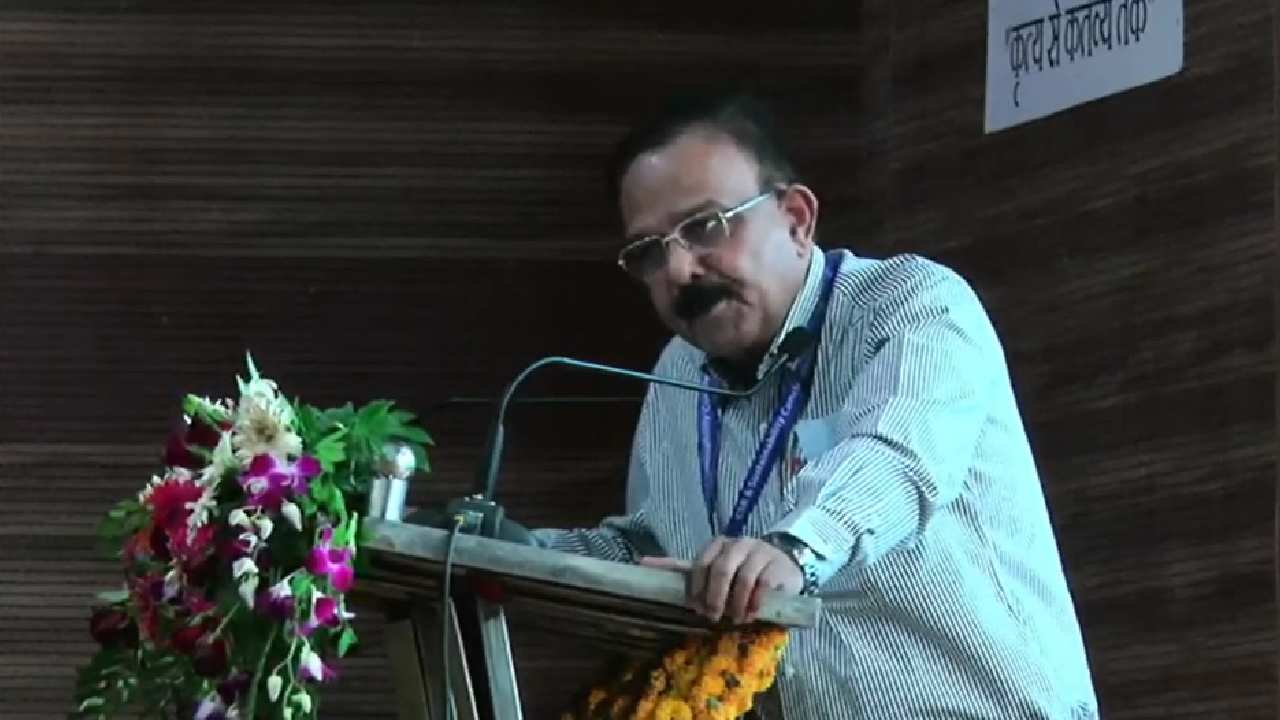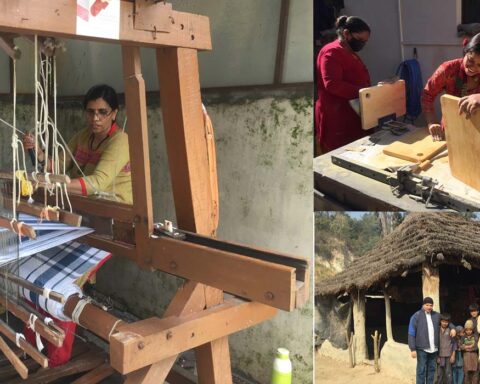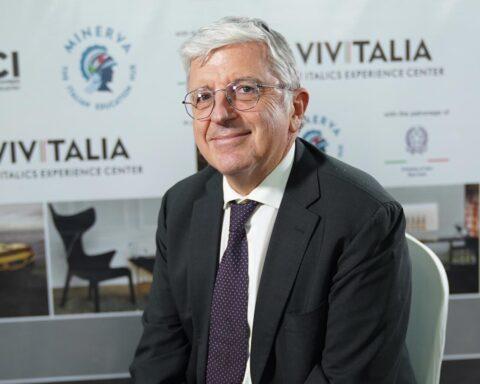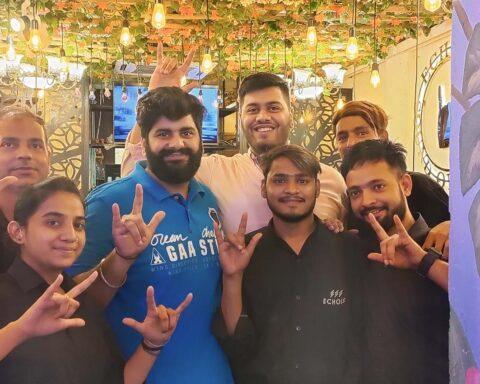Social activist Amod Kanth has said that there exists a distinct gap between the not-so-efficient public administration and the profit-oriented private sector that is getting stronger by the day, particularly in crisis situations that we face. “The situation creates the need for non-governmental organisations (NGOs) or civil society organisations (CSOs) as the ‘Third Sector’ of governance and developmental process, or perhaps the ‘Fourth Sector,’ if we consider the democratic institutions and elected bodies,” he said while speaking at the CSR & Sustainability Conclave 2022, organised by Coal India Limited in Ranchi, Jharkhand.
In his speech, the former IPS officer and founder general secretary of Prayas JAC Society covered the role of voluntary organisations (VOs), corporate social responsibility (CSR) funding, governance, accountability and sustainability in the context of better transparency mechanisms by these organisations and donors.
Amod Kanth justified CSR funds to CSOs, which are not really happening and are being diverted to the company’s own foundation, Government relief funds and international institutions. “There has been an allocation of Rs.24,000 crore from various companies to the CSR sector. The abilities of voluntary organisations to connect and deliver need-based services were way higher than industry-led trusts and foundations,” he said, reiterating that there is an enhanced need for transparency within the voluntary sector, which will further make it more responsible and responsive.
He underlined the importance of Sustainable Development Goals (SDGs) and how they are aligned with the Prime Minister’s vision for development with a three-pronged strategy: planning his own vision with 15 years of NITI Aayog’s vision, seven-year strategic programmes and three-year action plans.
The social activist highlighted the decline in the human development index (HDI). “Taking into account HDI indicators, we are not doing well. Voluntary organisations can work as watchdogs for people, mobilisers of public opinion and can contribute to the development process of the country.”
Amod Kanth covered the whole gamut of governance, accountability and the need to bridge the gaps for the social good of the people. He advocated equal partnership in the process and more responsive, responsible and accountable collaborations between the corporate sector and voluntary organisations. “With the support of people working on the ground–marginalised, neglected and disabled–voluntary organisations can work from policy to grassroots level.”

























